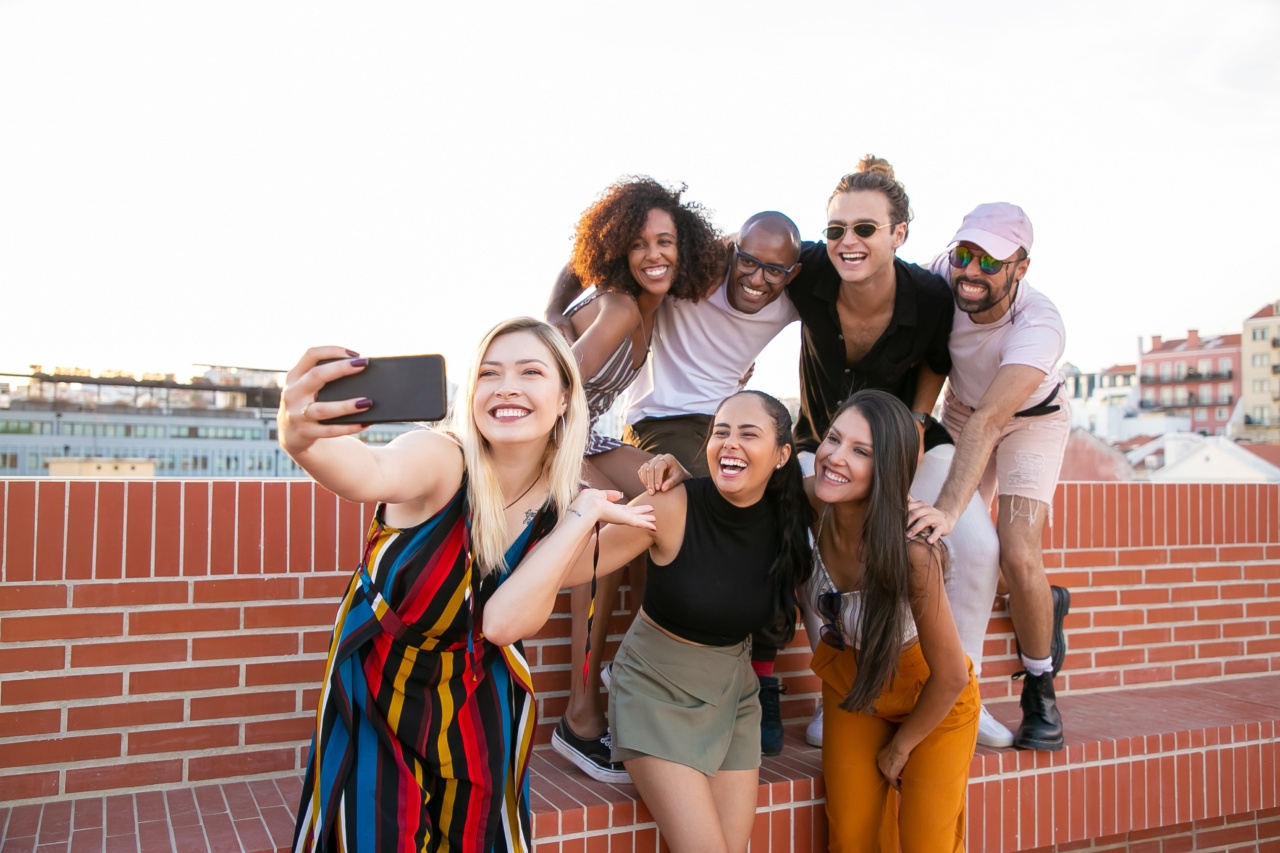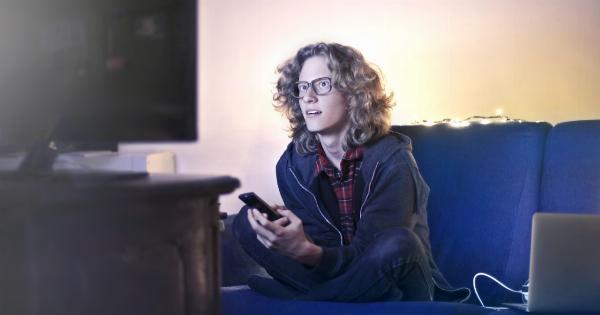Selfies have become a popular phenomenon in modern culture. People of all ages, genders and backgrounds are taking selfies and sharing them on social media platforms.
The obsession with selfie photography has grown in the past few years and has become an inseparable part of people’s daily routine. Capturing self-images using a mobile phone, camera or a selfie stick has become a norm in our society, which prompts us to explore the reasons behind this trend and the impact it has on our lives.
Addiction to Social Media
The surge of social media platforms has contributed significantly to selfie culture. Platforms like Facebook, Instagram, Twitter and Snapchat have been inundated with selfies photos.
The ease of sharing photos on social media has increased people’s addiction to selfies. People seem to be more focused on taking and editing selfies and uploading them on social media rather than enjoying the present moment. A study found that 31% of people admitted they take selfies to show off on social media.
Instant Gratification
Another reason people are obsessed with selfie photography is instant gratification. Posting a selfie and getting likes and comments on social media gives people a sense of immediate satisfaction.
It creates a dopamine release in our brain that makes us feel validated and creates a sense of self-importance. This positive reinforcement encourages people to continue taking selfies and promoting themselves on social media platforms.
Low Self-Esteem
Taking selfies can also be a way for people with low self-esteem to boost their confidence. People who struggle with self-confidence, self-image or negative body image find solace by taking selfies.
Focusing on one’s appearance and taking selfies gives them a sense of control over their image and helps them feel better about themselves.
Narcissistic Behavior
While taking selfies may be fun, it can also lead to narcissistic behavior. Narcissism is characterized by excessive self-love, self-centeredness and a sense of entitlement.
People become so obsessed with how they appear to others that they lose sight of the bigger picture. They become more concerned about how many likes and followers they have on social media rather than building genuine relationships with people.
Increased Risk of Body Dysmorphic Disorder(BDD)
Body dysmorphic disorder (BDD) is a condition where a person becomes obsessed with perceived flaws in their appearance that are not noticeable to others. Taking selfies and scrutinizing every detail of their appearance can be a trigger for BDD.
People with BDD tend to avoid socializing or participating in activities because they worry about their appearance. Selfies can worsen their condition as they become more fixated on their perceived flaws.
Safety Concerns
The obsession with selfies can also pose safety concerns. Studies have found that people have been injured and died while taking selfies.
People have put themselves in dangerous situations to take selfies such as standing on the edge of a cliff, posing with wild animals or taking selfies near moving vehicles. This impulsivity of capturing a perfect selfie can be life-threatening.
Social Comparison Theory
The social comparison theory suggests that individuals determine their own worth based on how they stack up against other people.
People use social media platforms to compare their lives, relationships and physical appearance to others, often leading to feelings of inadequacy. Selfies can exacerbate this comparison and lead to unrealistic beauty standards as people try to enhance their appearance to fit with what they perceive to be “perfect” on social media.
Conclusion
In conclusion, the obsession with selfie photography has both positive and negative impacts on our lives.
While selfies can boost self-esteem and provide instant gratification, it can also contribute to negative impacts such as narcissism, safety concerns and body dysmorphic disorder. It is important that we continue to explore the implications of selfie culture and find a balance between enjoying the moment and capturing a memory while maintaining a healthy perspective on our self-image.





























